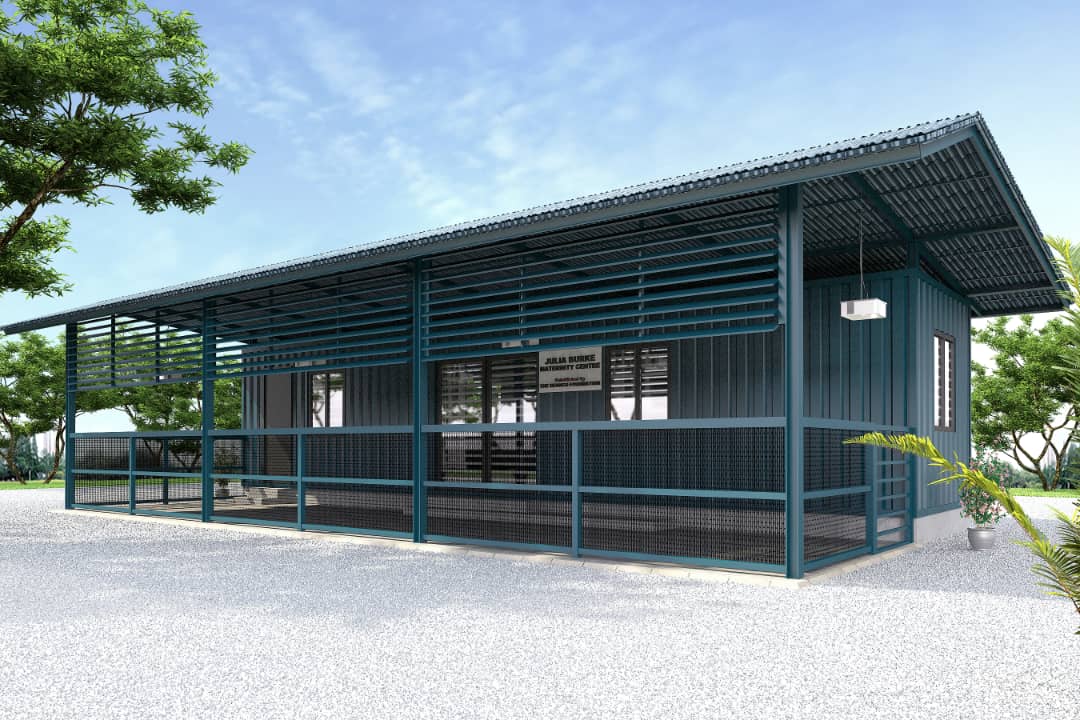GEANCO Foundation started in Nigeria with a unique vision and burning desire, one that does not deeply resonate with the usual, but still stands out in the end. From organizing free surgical missions to running a Clinton Global Initiative program to fight anaemia and help vulnerable pregnant women safely deliver healthy babies; quality healthcare was made accessible for individuals who never thought it possible. Days ran into months, and a bigger vision to build an American Hospital in Nigeria was conceived. The objective was to offer tertiary healthcare to individuals and communities who do not have access to quality healthcare at affordable rates.
This plan was almost set in motion, but a critical look at the Nigerian Healthcare system and reports from analysts caused a new problem to become glaring. In the scheme of the national health system, primary health care centres are the first level of contact for individuals, families, and communities at large. When these PHC facilities cannot provide essential healthcare services for a couple of reasons like poor staffing, inadequate equipment, poor distribution of health workers, poor quality of healthcare services, poor condition of infrastructure, and lack of essential drug supply; there is usually a corresponding surge in preventable deaths. As only about 20% of the 30,000 PHC facilities across Nigeria are fully functional, maternal and infant health outcomes were heavily affected negatively.
In the face of an inefficient health system, trained Traditional Birth Attendants have been seen to be useful in providing efficient, cheap, and quality care, counselling, and referral and logistical support, including treatment adherence support. Throughout history, traditional birth attendants (TBAs) have been the main human resource for women during childbirth. Because of various economic and cultural conditions, coupled with the disparities in the health system, a significant majority of poor Nigerian women patronize TBAs for their maternal healthcare. TBAs are at the base of the healthcare pyramid for pregnant women and are on the frontlines in the battle against maternal mortality.
In light of all this, GEANCO Foundation took up the mantle to begin immediate grassroots intervention and a long shot at the possible redemption of primary health care in underserved communities across Nigeria. In comparison with the initial goal of building a tertiary American Hospital in Nigeria, this swerve into Primary Healthcare was targeted to have a wider reach and impact within the shortest possible time. As always, the beginnings were not smooth rides all through, this was an intervention different from the norm, but a thorough study of the elephant in the room gave away the fact that something had to be done about the underserved women and children in these communities.
GEANCO Foundation tested the waters with a Primary Health Centre in Nchatancha Nike and was greeted with results that went a long way to prove that this intervention was truly overdue. Motivated to do more, the Modular Clinic Initiative was conceived, to make quality healthcare readily accessible to a greater number of women and children in Nigeria. This initiative was to thrive on the waves that primary health care, a vital sector of healthcare, was impoverished. Her leverage was its closeness to these women and children, and the healthcare personnel being people of choice in the communities.
In no time, alliances were formed with Julia Burke Foundation, and this birthed five modular clinics spread across Enugu and Anambra states. These clinics have proven to be an efficient hybrid of approved maternal and infant health practices and culturally accepted traditional birth practices; while offering better healthcare to a greater number of underserved women in Nigeria.
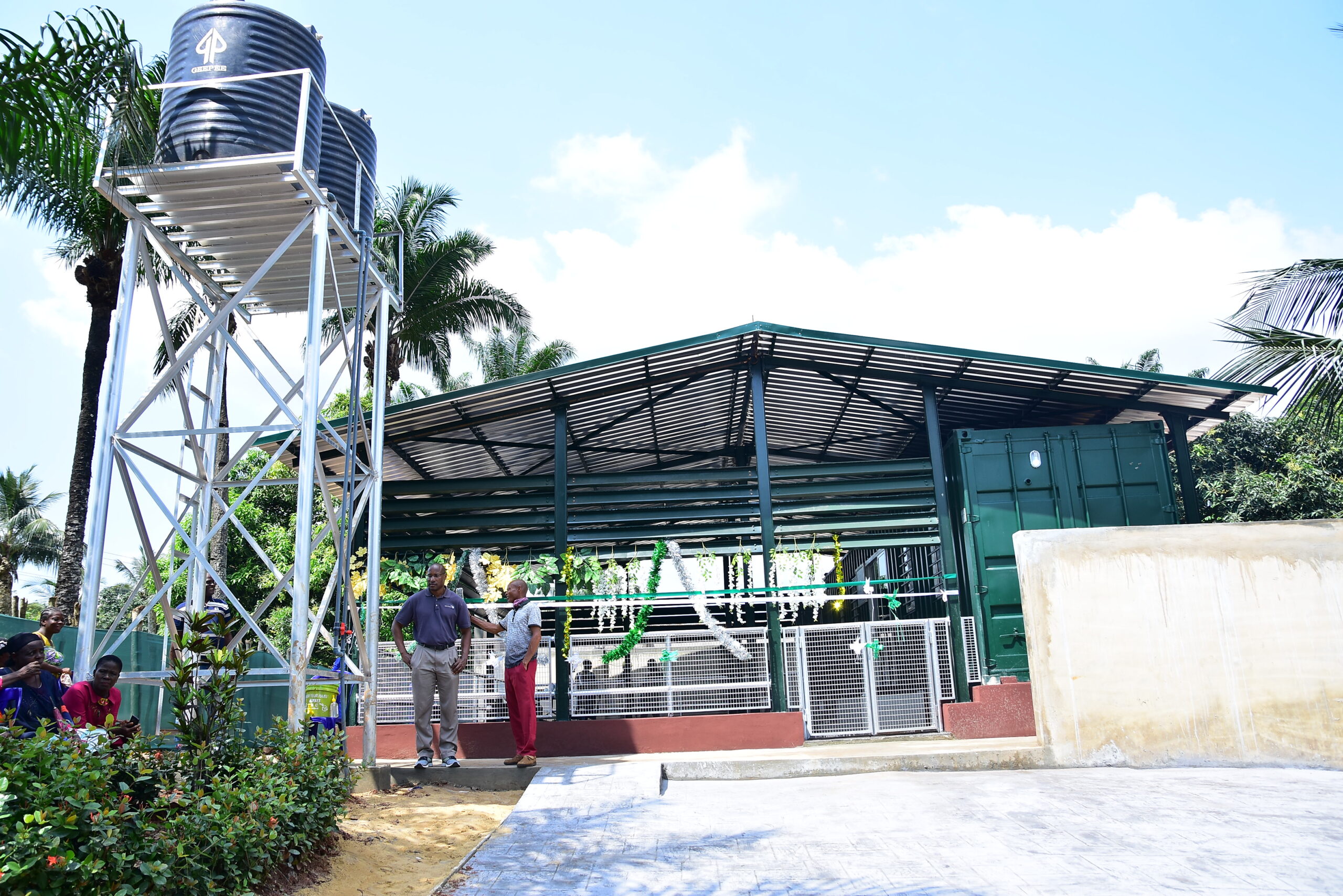
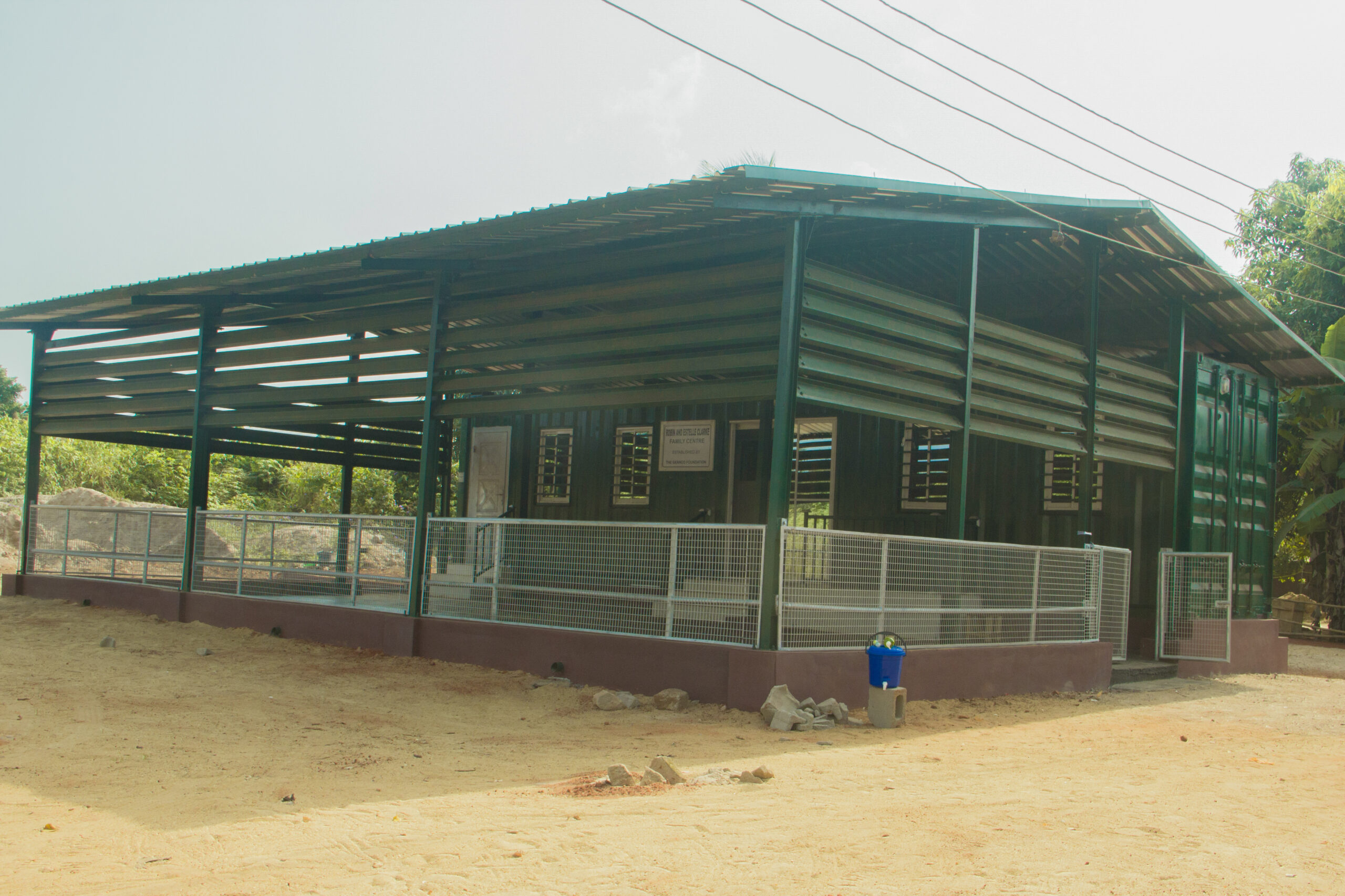
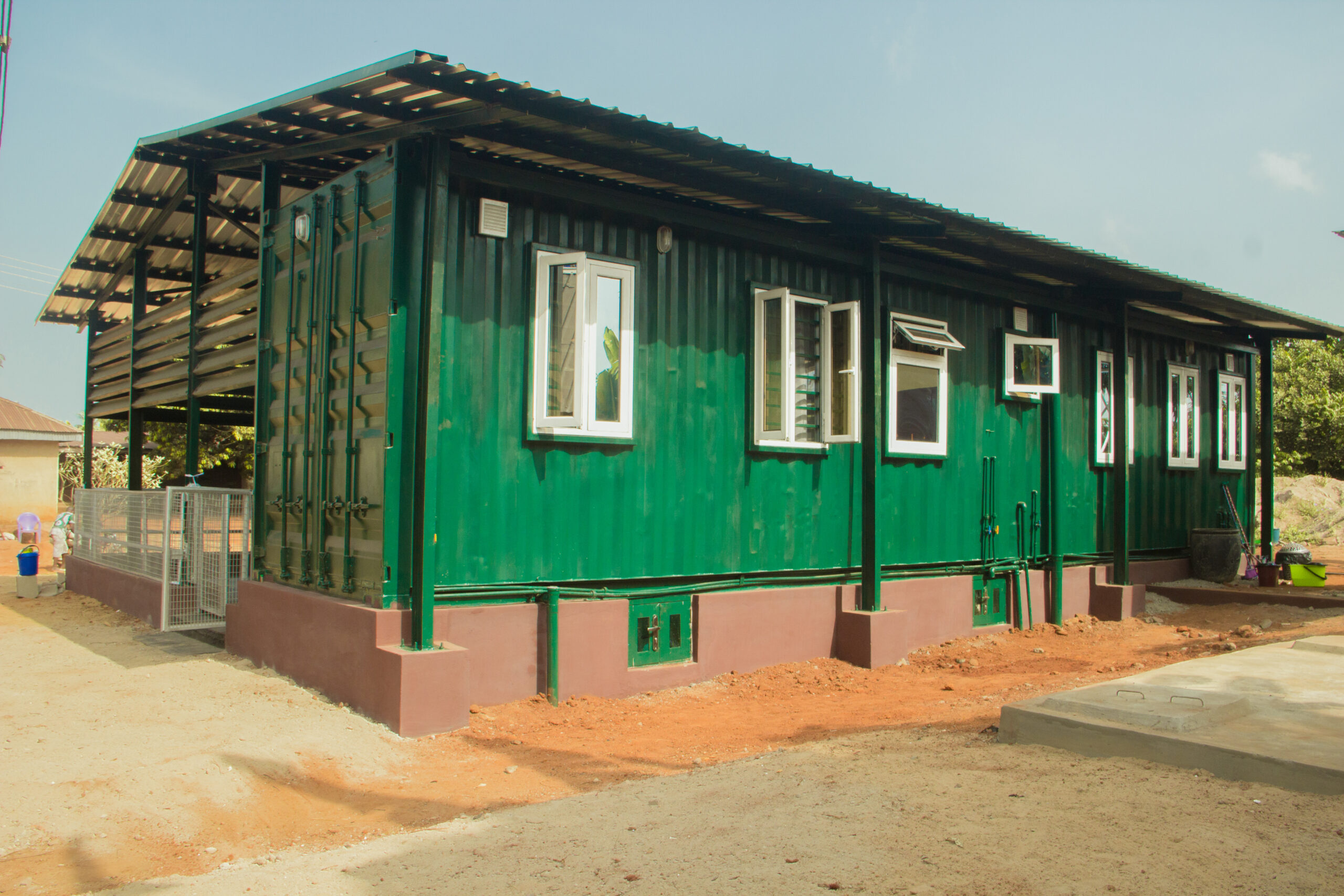
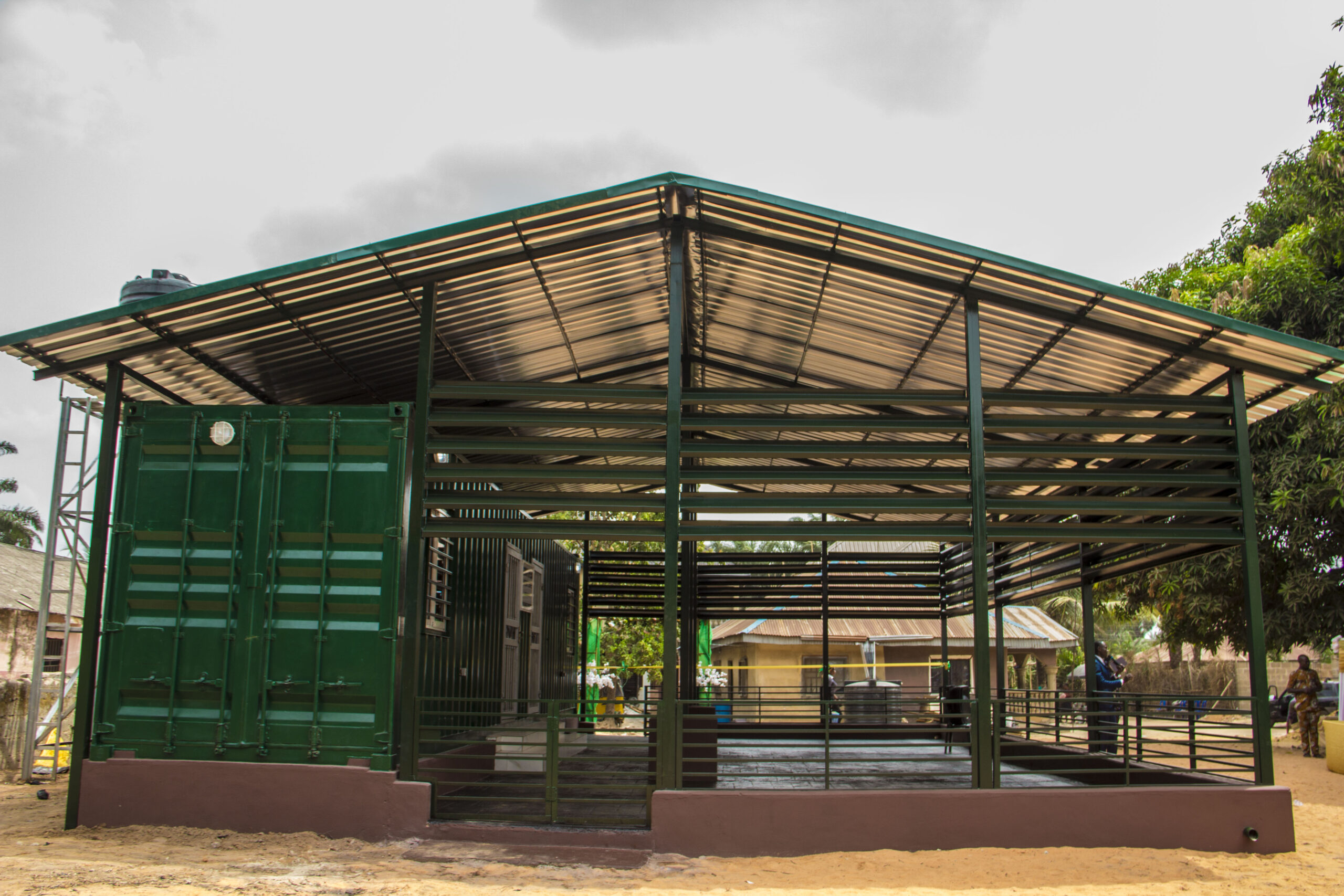
As proof that our modular clinic initiative is not just a walk in the park but a step in the right direction, a recent report by Nigeria Health Watch has placed Enugu and Anambra states as second and third respectively in the state of Primary Healthcare delivery assessment. (Click here to read the report)
At this point, it is safe to say so far, so good, as all hands continually stay on deck to ensure our vision keeps giving. We cannot say it has been all roses and sunflowers, but, our partners, coupled with our resilience and determination to offer quality healthcare services to the underserved served and still serves as the fuel that would push this initiative to its zenith.

